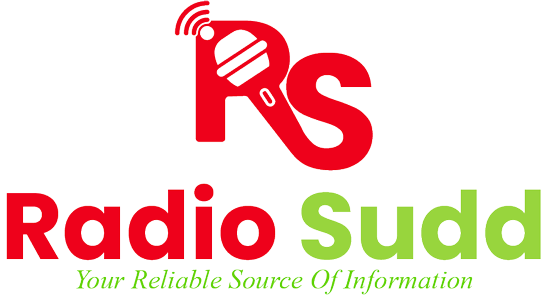By Peter Kuol Kuch
BOR – Residents in Bor, the capital of Jonglei State, are concerned that widespread stagnant water in residential areas could lead to a cholera outbreak and other waterborne diseases. The town, which sits on a flat plain near the River Nile, experiences annual flooding from heavy rainfall and a lack of a proper drainage system.
Last year, a cholera outbreak in Jonglei State and other parts of South Sudan caused numerous deaths and hospitalizations. This has residents worried that the current flooding will double the risk of a similar public health crisis this year.
“Most of the houses that were invaded by water are sinking, and I believe the water has caused several damages,” said Makeer Anak, a Bor resident. “The most pressing situation now is that it has already caused several health risks. Malaria is attacking people; you can see many are being admitted to health facilities. Cases of pneumonia are also being reported among children and the elderly.”
Anak also pointed out that while the Bor Municipal Council is working to improve water channels, the effort is happening at the wrong time of year. “I don’t think opening water channels right now is helpful,” he said. “Opening them would be better if done during the dry season. That’s when you can properly identify low-lying and higher areas. Now, the excavators get stuck when digging. Isn’t that an issue?”
Officials Take Action as Concerns Mount
Moses Awal, a block leader, said that the constant flooding is a source of conflict among residents and that local leaders are ready to work with the government to address the issue.
“If our government steps in to help drain water away, then we welcome it,” Awal said. “As block leaders, we pledge our commitment to work jointly with the government by facilitating the creation of water pathways. We must talk to residents to ensure nothing hinders the opening of these pathways in Bor.”
John Makuei, the Deputy Director for Public Health at the Bor Municipal Council, confirmed that stagnant water is a serious health risk. He urged residents to take preventative measures.
“We do pass awareness information to the general public that they should be careful while using stagnant water in town,” Makuei said. “If you want to bathe, you must boil it to kill germs and other bacteria. It’s better to bathe with water from water points. I see children playing in this water, but that’s not good. It’s crucial to be more alert about these health risks.”
To address the problem, Bor Municipal Council Mayor Jacob Achiek announced that the council has secured five excavators from the International Organization for Migration (IOM) to support flood control efforts.
“As the Municipal Council, we have developed our programs,” Achiek said. “We have received five excavators, and we have assigned one to each area to open water pathways. We are very optimistic that this initiative will cover all areas in Bor, and we aim to remove stagnant water from the town.”
According to the IGAD Climate Prediction and Applications Centre (ICPAC), the Greater Horn of Africa is likely to experience above-normal rainfall between June and September 2025, which will only exacerbate the flooding issues in Bor.
Editor’s note: “This story was reported with support from Journalists for Human Rights, under the Tackling Mis/Disinformation Project, funded by the Government of Canada’s Peace and Stabilization Program.”
